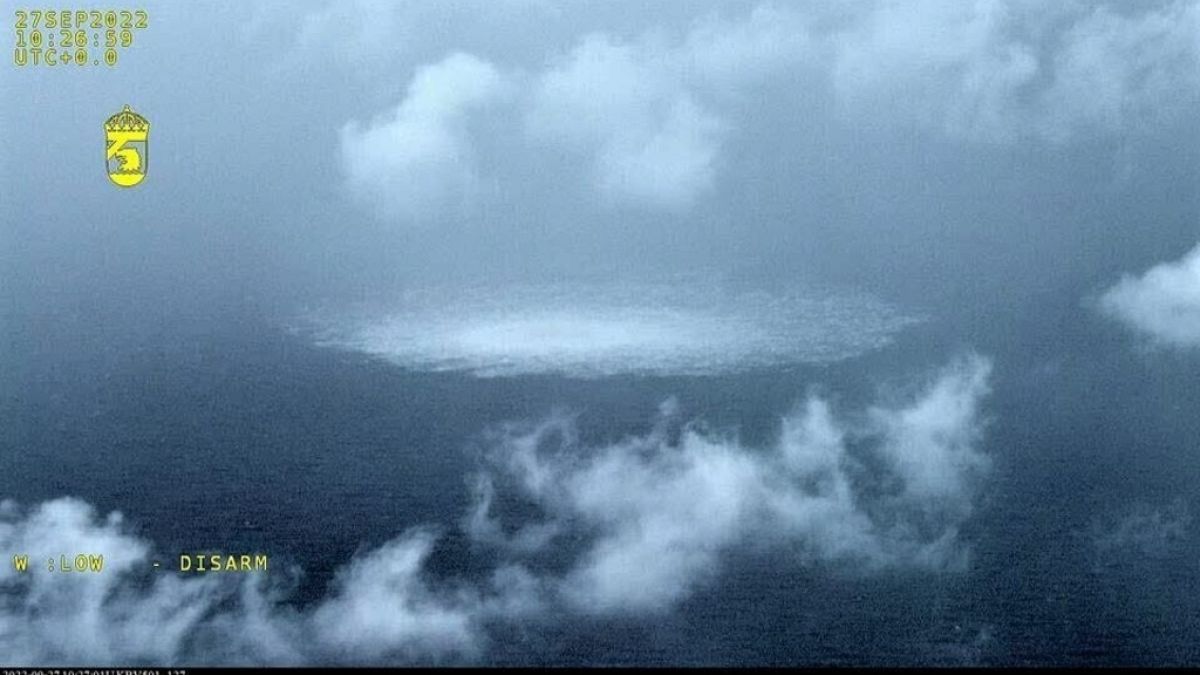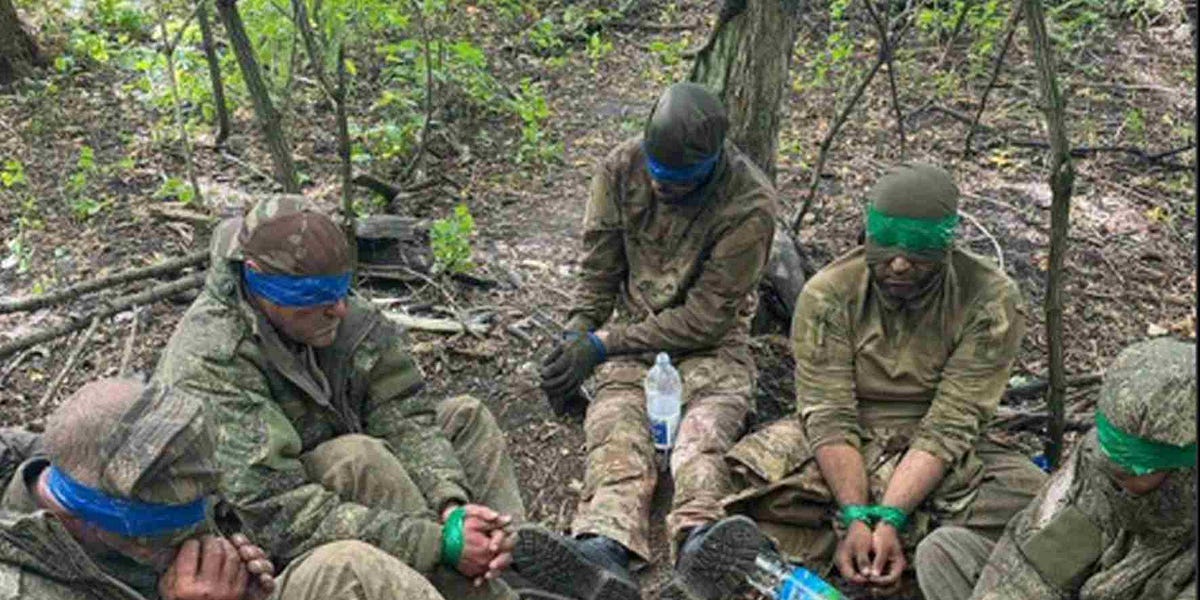The Economist shares
its views on the Ukrainian offensive in Kursk:
----------
The rights, wrongs and risks of Ukraine’s Kursk incursion
Ukrainian forces should be careful not to overreach
For the first time since the second world war,
Russia has been invaded. On the previous occasion the Red Army’s Ukrainian troops helped beat back the Nazi assault in Russia’s Kursk province. Now it is Ukrainians who are
advancingover the same ground.
Ukraine’s surprise attack, which began on August 6th, is bold and daring, and could change the narrative of the war. It is also a gamble which could go badly wrong.
Morally and legally, Ukraine has every right to take the fight into Russia. Every state is entitled to defend itself, and that right does not stop at the border. Russia is waging an unprovoked war of conquest in Ukraine, and has conducted thousands of attacks on Ukraine’s Sumy region from over the frontier in Kursk. The troops, kit and bases that enable those attacks are legitimate targets.
Ukraine’s Kursk offensive has already achieved some successes. Its forces have cut through the region, occupying scores of settlements and taking hundreds of prisoners. That has had three immediate effects. One is to boost morale at home, which needed a jolt: Ukraine’s army is on the back foot in the Donbas region and its counter-offensive last year fizzled out. The second is to show international partners that Ukraine can regain the initiative. Encouragingly, America and Germany, among others, have indicated that they are comfortable with their weapons being used on Russian soil.
The third is to expose Russia’s vulnerabilities. Vladimir Putin will use the incursion to reinforce his big lie that Russia is waging a defensive war against the West. But it also adds to the evidence that Mr Putin’s carefully constructed image of strength and control is hollow. He thought he could conquer Ukraine in a few days in 2022, but two years later he still hasn’t. When his former chef led a mutinous march much of the way to Moscow last year, Russian troops stood aside. When Ukraine invaded Kursk, local civilians did not resist.
For all that, Ukraine’s gambit also carries grave risks. Ukraine surely hopes that its Kursk offensive will draw Russian forces away from Donbas, easing the pressure on Ukraine’s beleaguered troops there. But there is little sign that Russia has pulled many troops off the frontline. And this cuts both ways: Ukraine has also diverted many of its best forces away from Donbas and into Kursk. Indeed, Russia has continued to advance in eastern Ukraine since August 6th; it is now less than 13km from Pokrovsk, an important crossroads.
Ukraine should try to reap the political rewards of its success in Kursk without becoming overextended. Its supply lines will soon be stretched thin. Russia is beginning to counter-attack. If Ukraine suffers heavy losses of men and equipment in the weeks ahead, this could accelerate its setbacks in Donbas while also reversing the sense of momentum built up in the past week. An ambitious occupation would be a mistake, though holding onto some defensible territory in Kursk as a bargaining chip for future talks might be sensible.
Kursk also holds a broader lesson for Ukraine’s partners. A good defence sometimes requires offence. America, Britain and France continue to bar Ukraine from using their long-range missiles on Russian soil. Some restrictions are fine: Western missiles should not be used against Russian nuclear sites, for instance. But the risk of escalation should not be exaggerated. It is perverse that Ukraine is not allowed to strike Russian air bases from which jets deliver glide bombs to devastate Ukrainian cities and kill its soldiers. Russian forces that blatantly and criminally violate Ukraine’s borders should expect no shelter behind their own. ■
----------
I think the above is pretty fair appreciation off the situation.


www.dw.com

en.wikipedia.org

www.dw.com

www.euronews.com

www.france24.com




